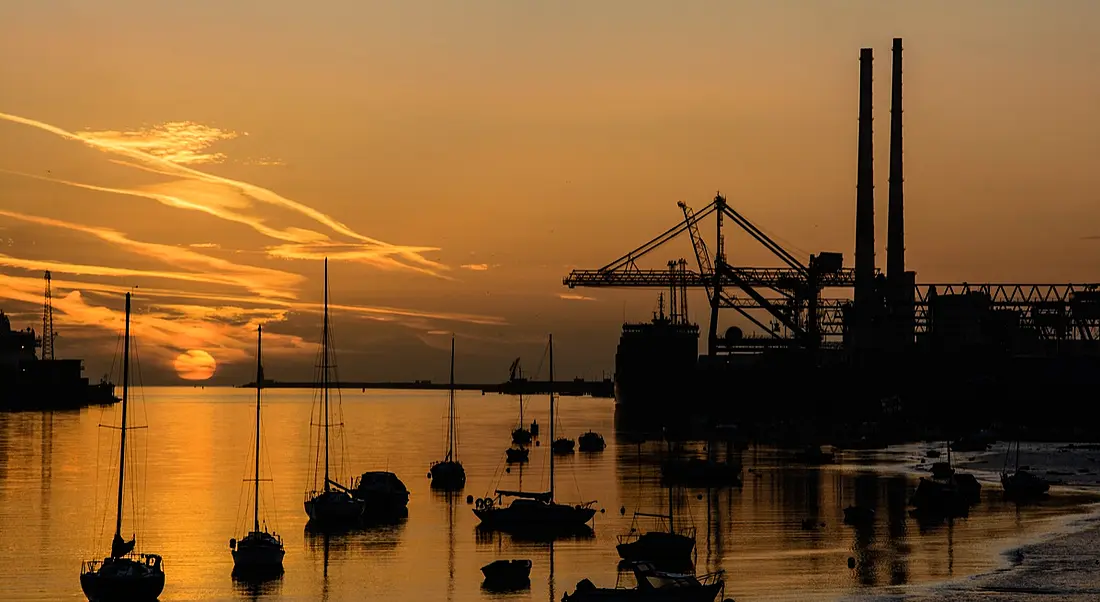EY’s Economic Eye report states that after 10 post-crash years, Ireland’s employment rate has finally surpassed the rate in 2008, but is it prepared to reap Brexit rewards?
Professional services firm EY today (25 June) launched a report that predicts net jobs growth of 236,700 across the island of Ireland for the period of 2017 to 2022.
The EY report, Economic Eye Summer Forecast 2018, shows that after a decade of slow recovery from the calamitous economic crash, Ireland’s employment has finally surpassed that of 2008. If this makes you want to pop a champagne cork and gleefully exclaim that the boom is back, however, it may be a little premature.
Growth in ROI three times that of NI
The report projects that the Republic of Ireland (ROI) can expect GDP growth of 4.9pc in 2018 and 3.8pc in 2019. This is more than three times the rate that those in Northern Ireland (NI) can expect – 1.1pc in 2018 and 1.2pc in 2019.
Image: EY
This impressive growth is helped by the opportunities offered by Brexit. Findings from the EY Brexit Tracker reveal that since the day of the Brexit referendum result, 21 financial services firms have confirmed that they will move either some or all of their UK operations to Dublin. This makes Dublin the most popular post-Brexit location, exceeding the number of institutions interested in Frankfurt (12), Luxembourg (11) and Paris (8).
While Dublin’s top-table position as a preferred Brexit destination is cause for celebration, EY chief economist Neil Gibson is quick to warn against becoming overly delirious about the potential fortune.
“Ireland’s impressive growth may be somewhat overstated by headline GDP figures, but data on job creation levels and tax receipts all point to a fast-growing economy. The forecast is for headline growth rates to fall back from current levels and job creation will also moderate as a tighter labour market begins to impact.”
Image: EY
EY anticipates that construction and ICT sectors will enjoy the highest growth in the coming years in ROI. Meanwhile in NI, the admin services sector tops the charts.
More talent (and housing) needed
Attracting the right people has emerged as a struggle for the majority of business leaders, as 60pc say that failure to lure in and retain top talent is the biggest challenge they face.
“In a modern, knowledge-driven economy, talent is key to growth,” said Gibson. “Refreshing talent strategies is essential for businesses looking to compete effectively. This is more than simply looking at recruitment practices; the talent journey starts before businesses even know they need to hire, and continues long after staff leave.”
Ireland’s worsening housing crisis is, the report states, hurting its bid to remain competitive. With double-digit increases in property demand forecast in 2018 and 2019, it’s unlikely that supply will catch up quickly.
Gibson added: “The current rate of increase is unsustainable and it is already damaging competitiveness, with inner-city rental costs a particular concern.”
The report is available to download in full here.
Sunrise at Dublin Port. Image: Paul Daly/Shutterstock




